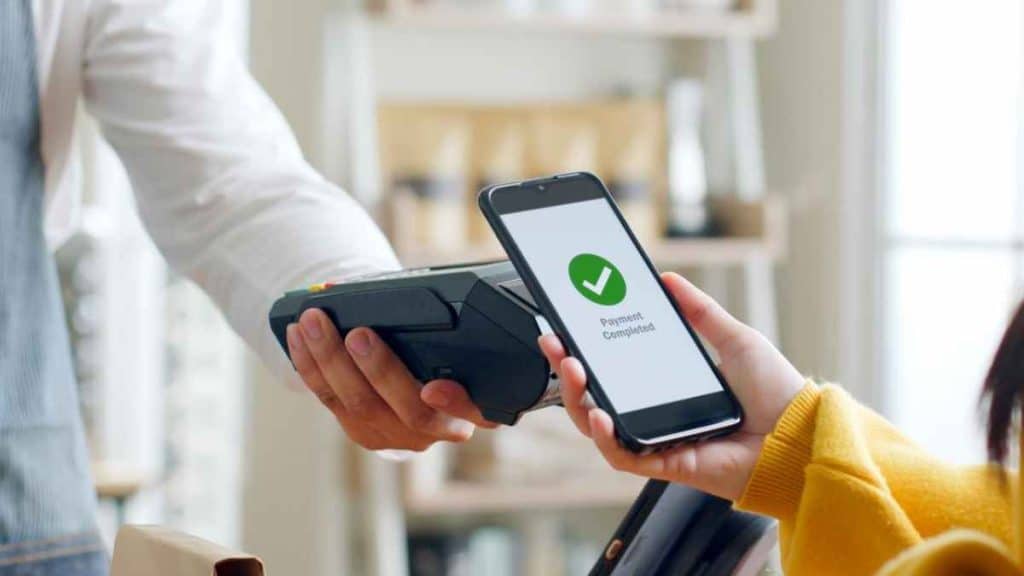The way we interact with finance has been revolutionised because of digital wallets, which provide users all around the world accessibility, convenience, and security. These digital wallets are at the forefront of financial innovation as the popularity of cryptocurrencies and other digital assets keeps rising. We will explore five intriguing digital wallet concepts that have been making headlines in this post. These issues, which range from cross-border transactions to mobile payment integration and decentralised finance, highlight how digital wallets are developing and how they impact our financial system. Stay informed about events that could signify a bitcoin market drop to navigate the volatile world of cryptocurrency with confidence.
Security
The idea behind a digital wallet is fairly simple: it acts as a safe place to store different digital assets, such as cryptocurrencies, fiat currency, and a variety of digital objects like tickets, passes, and identity documents. It’s remarkable, though, how often the digital wallet is depicted as the villain, associated with fraud or illicit transfers among wallets. This view is mostly based on cryptocurrency wallets, which unfortunately tends to obscure the more comprehensive understanding of digital wallets. It acts more like a trustworthy guardian, carefully preserving your digital assets and enabling easy access when required. Therefore, it’s important to understand that digital wallets play a crucial function in secure and effective digital asset management, free from any inherent malice or crime, even though the picture of a wallet wearing a balaclava may persist in some people’s thoughts.
Crypto
Although there may be worries about security and fraud, it’s crucial to understand that these problems affect many different financial instruments and systems. Digital wallets can be vulnerable to unauthorised access, just like conventional wallets can be a target for pickpockets. The ability to use strong security measures, including encryption and multi-factor authentication, to defend against possible threats, however, is digital wallets’ main advantage.
It’s important to emphasise the benefits of digital wallets and their potential for increased security when set up properly. To reduce dangers, the emphasis should be on educating users and promoting ethical behaviour.
Mobile Payment Integration:
A major shift in the fintech industry has been brought about by the combination of digital wallets and mobile payment platforms. These wallets give users the ability to link their bank accounts, credit cards, or other digital assets to their mobile devices, enabling quick and safe payments at both physical merchants and online retailers. Significantly popular mobile payment wallets include Apple Pay, Google Pay, and Samsung Pay. These wallets make use of near-field communication (NFC) technology to enable hassle-free contactless transactions, improving the speed and ease of the customer payment experience. The way we make payments in the modern digital world has been greatly simplified and streamlined because of this connection.
Cross-Border Payment Wallets:
Traditional cross-border payments have long been thought to be expensive, time-consuming, and accessible. However, the introduction of smooth and affordable cross-border transactions through digital wallets is revolutionising this sector. With the addition of international payments, wallets like PayPal, Venmo, and Revolut now enable users to send and receive money in a variety of currencies with little to no extra cost. Additionally, the inclusion of cryptocurrencies in cross-border payment wallets has improved the speed and cost-effectiveness of global transactions while providing an alternative to conventional remittance channels.
Multi-Asset Wallets:
As the number of digital assets continues to expand, the need for versatile multi-asset wallets has become evident. These wallets allow users to store and manage various cryptocurrencies and digital tokens in a single interface, simplifying the management of diverse portfolios. Wallets like Exodus, Ledger Live, and Atomic Wallet offer support for multiple blockchain networks and a wide range of digital assets, providing users with flexibility and convenience. Additionally, some multi-asset wallets incorporate decentralised exchanges (DEXs) within their platforms, enabling users to swap different assets seamlessly.

